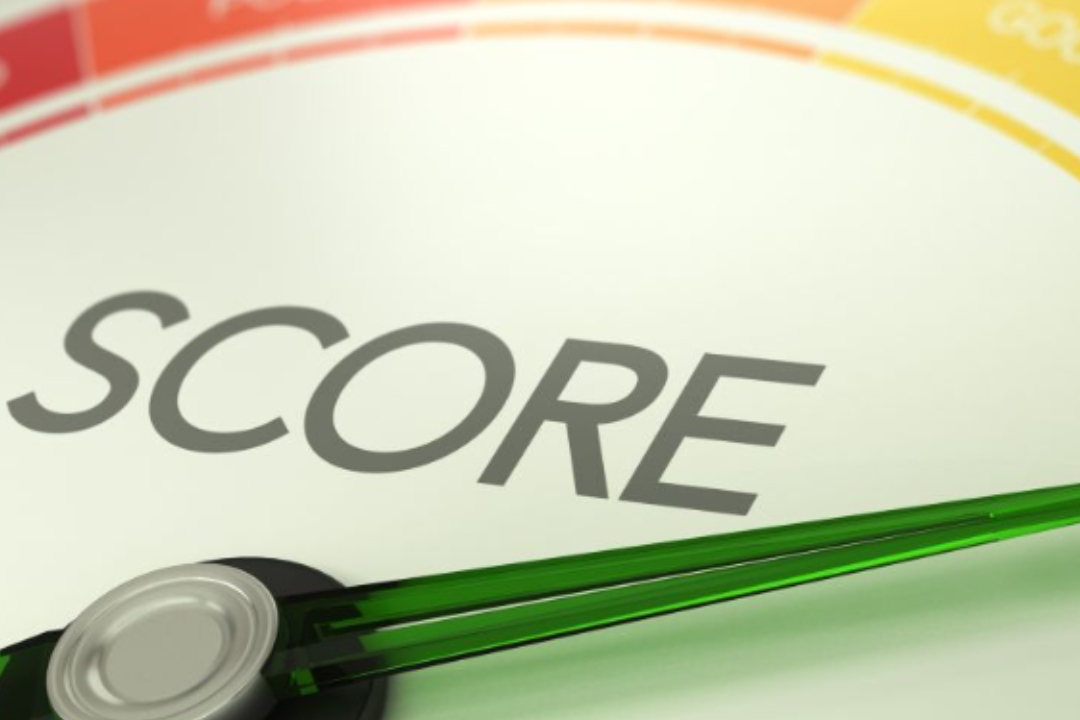Waya's Web Developer

A bad FICO score can hurt your chances for future loans and reasonable insurance rates and may require you to make deposits in utility accounts.
It is important to know what a bad FICO score is and how to improve it. The good news is that credit scores change monthly, and you can improve your bad FICO score with consistent effort.
First, let’s explore what makes up a bad credit score.
Most credit reporting agencies and other businesses dealing with credit consider any FICO score below 679 a ‘bad score,’ but there are two categories to consider:
You may have more opportunities for financing with a fair credit score than with a poor score. If you can get financed with a poor score, you’ll likely pay much higher rates and fees.
You might wonder, how serious is a bad FICO score? Is it really that important?
Here’s how a fair or poor credit score may affect you:
As we said, FICO scores change monthly, so there are opportunities to fix them. If you have a bad FICO score, try these tips:
How well you pay your bills is the largest part of your credit score. Any payments made more than 30 days late decrease your score significantly. Focus on only borrowing what you can afford, and make your payments on or before the due date.
2. Avoid using your credit cards.
You shouldn’t have over 30% of your credit lines outstanding, as this can lower your credit score. If you have high credit card debt, find ways to decrease it quickly.
3. Check for fraud.
Everyone gets free access to their credit reports here. Check yours frequently to ensure all information is correct and no one has stolen your identity and ruined your credit score. If you find mistakes or fraud, report them to the credit bureaus immediately.
A bad FICO score doesn’t last forever if you take the proper steps. The key is to take charge of your finances with a reputable bank account and app to track your income and expenses, help you build a budget, and ensure you don’t overextend yourself and damage your credit score.